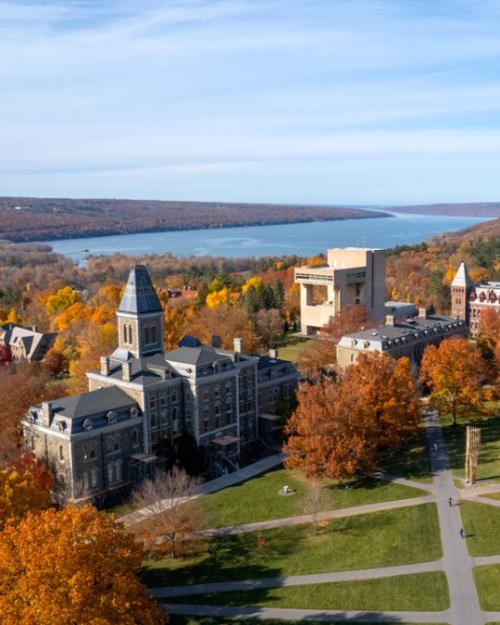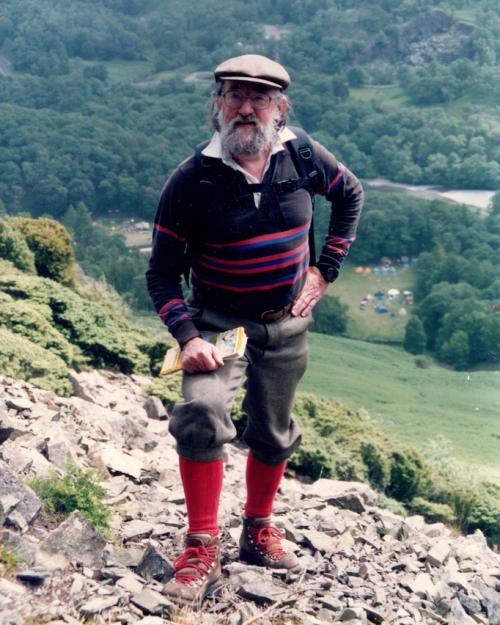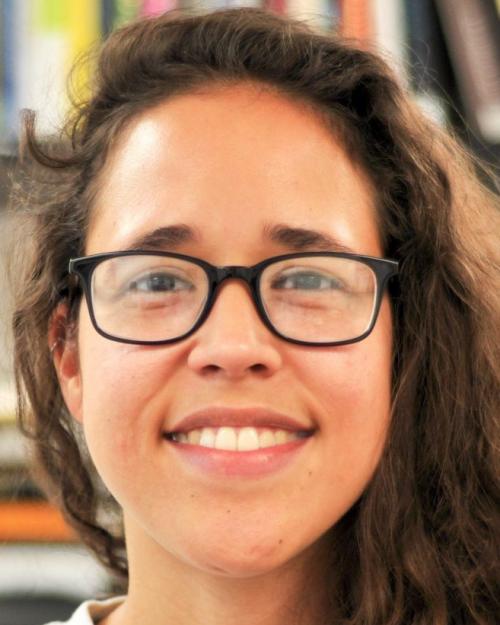Lissette Lorenz is a doctoral candidate in science and technology studies from Miami, Florida. After attending Oberlin College in Ohio as an undergraduate, she chose to pursue further study at Cornell due to the field of science and technology studies’ alignment with her research style and themes.
What is your area of research and why is it important?
I study the social and ecological impacts of nuclear disasters in Japan from the atomic bombings of WWII to the nuclear power plant accident in March 2011. I ethnographically work with grassroots organizations in Japan and abroad to determine effective solutions for recovering and healing from such large-scale global disasters as well as preventative measures against such future disasters, especially given the planet’s precarious future.
What are the larger implications of this research?
This project will develop resilience strategies to prepare communities around the world for increases in future environmental disasters brought on by climate change. An ethnography that examines the everyday social dynamics of revitalization efforts, including debates and decisions about future power production, will aid in the recovery process while providing alternative approaches for policymakers to partner with communities to reach long-term revitalization goals. My dissertation research will improve plans to mitigate the impacts of climate change and strengthen long-term post-disaster recovery efforts by defining effective revitalization strategies and informing policy around the world. It will help policymakers weigh the risks of nuclear power against its benefits for reducing greenhouse gas emissions.
What does it mean to you to be a Dean’s Scholar?
Being a Dean’s Scholar means being truly welcomed into a community of peers and mentors who care about the success of BIPOC and other underrepresented scholars in academia and beyond.
What are you most looking forward to in regards to being a Dean’s Scholar?
I have really enjoyed and learned a lot from the programming organized by the Office of Inclusion & Student Engagement (OISE). From professional development workshops to social events, I feel that I am part of a supportive community of people committed to transforming academia into an inclusive and just space that in turn makes positive change in the world.
What are your hobbies or interests outside of your research or scholarship?
I love dancing of all kinds. Coming from a Latinx family and growing up in Miami, I spent a lot of time dancing salsa, merengue, and bachata at nearly every social gathering. When I went away for college to Oberlin, Ohio, I was introduced to other forms of dance, like contra and swing. During my first year at Cornell I joined the DanceSport team and ballroom dance club. I loved attending Latin Nights and Swing Socials at the Big Red Barn. When the pandemic put a damper on dance parties, I got into birdwatching instead. Cornell’s Lab of Ornithology app, Merlin, is an incredible free tool for this new hobby.
Why did you choose Cornell to pursue your degree?
I met Professor Rayvon Fouché, an alumnus from Cornell’s STS department, at a grad school fair. After talking with him about my interests in studying nuclear disasters from a social science perspective, he convinced me to pursue STS. I had never heard of the field before meeting him, but I am glad I did! I quickly discovered that Cornell’s STS program especially aligned with my research style and themes and I am super happy to be here. Ithaca’s natural beauty was also a big draw for me.





